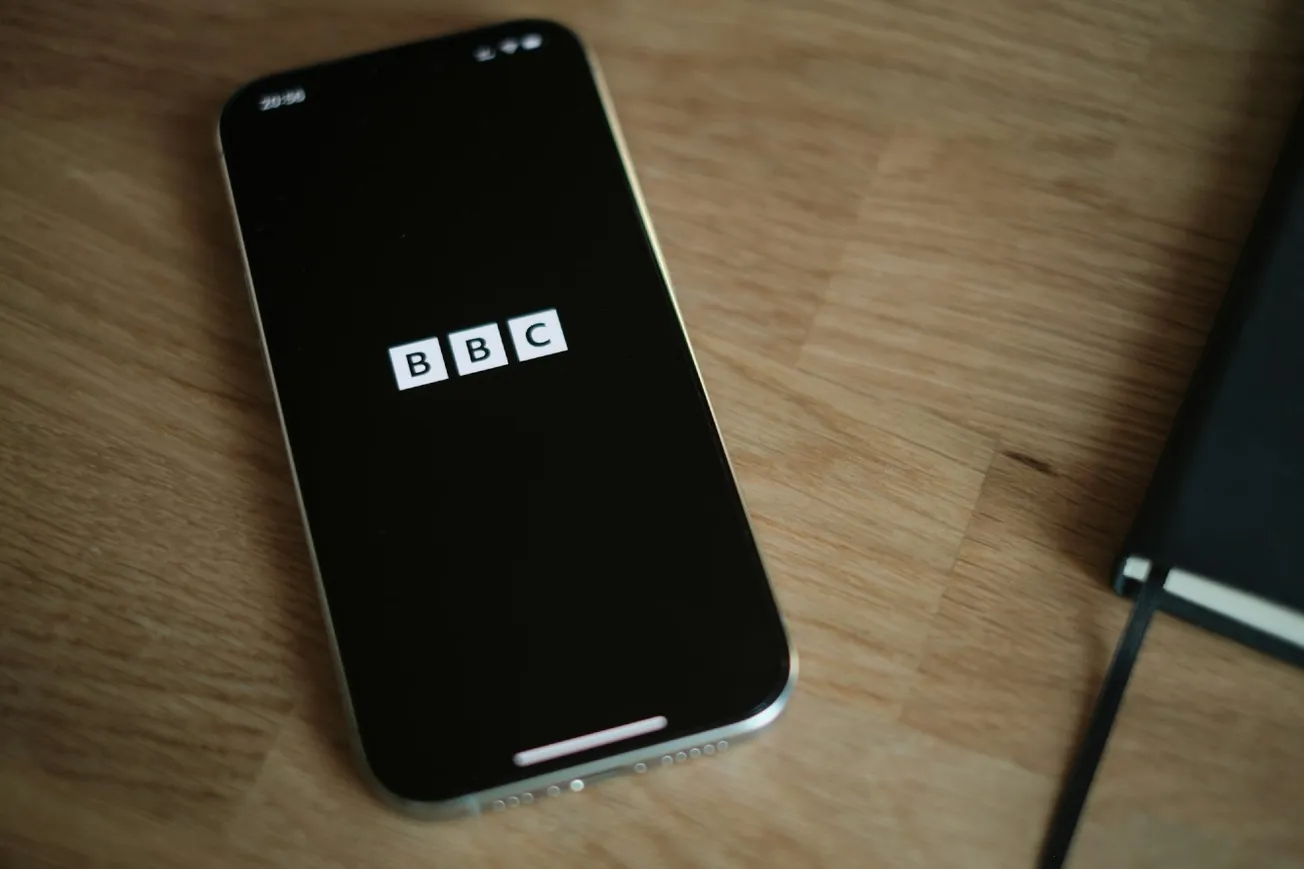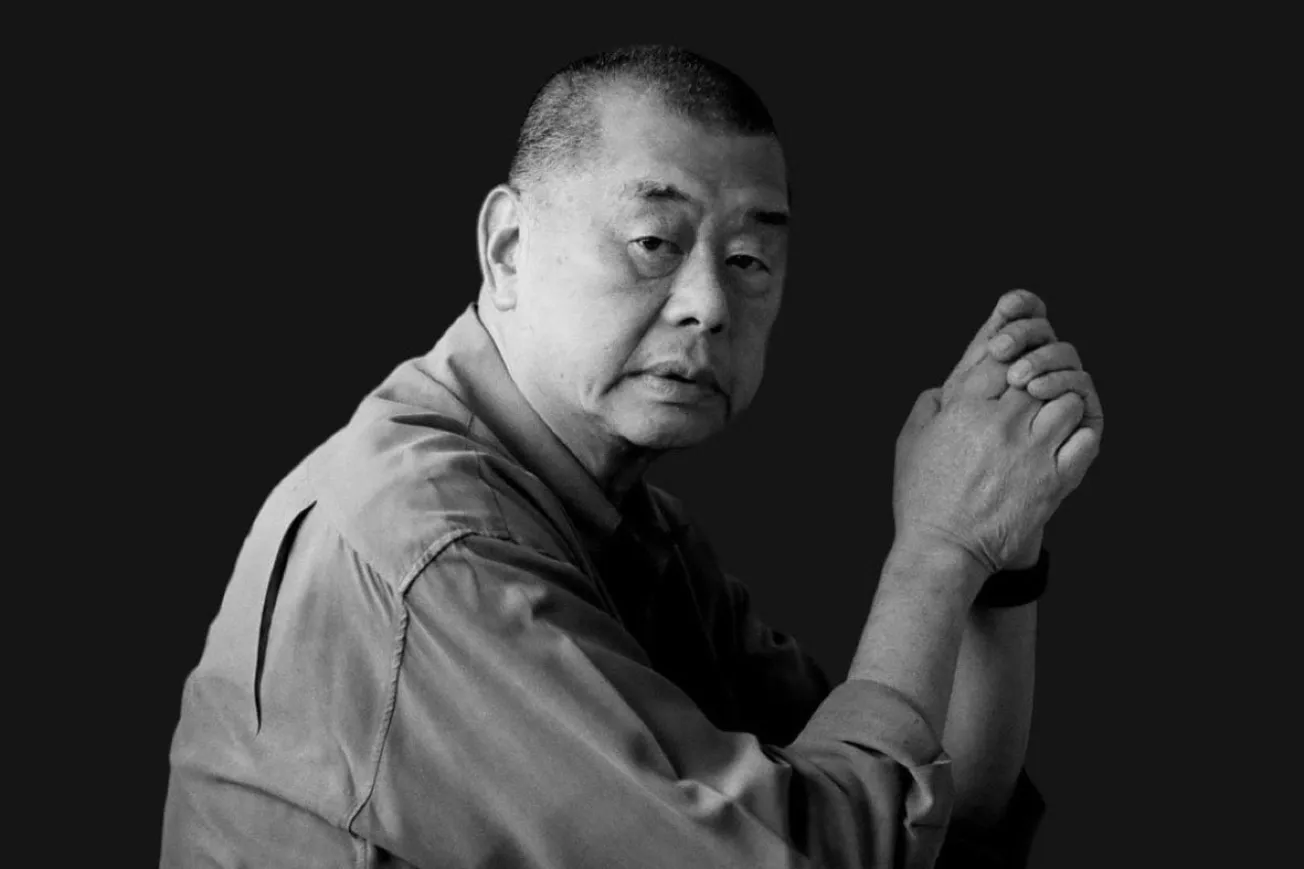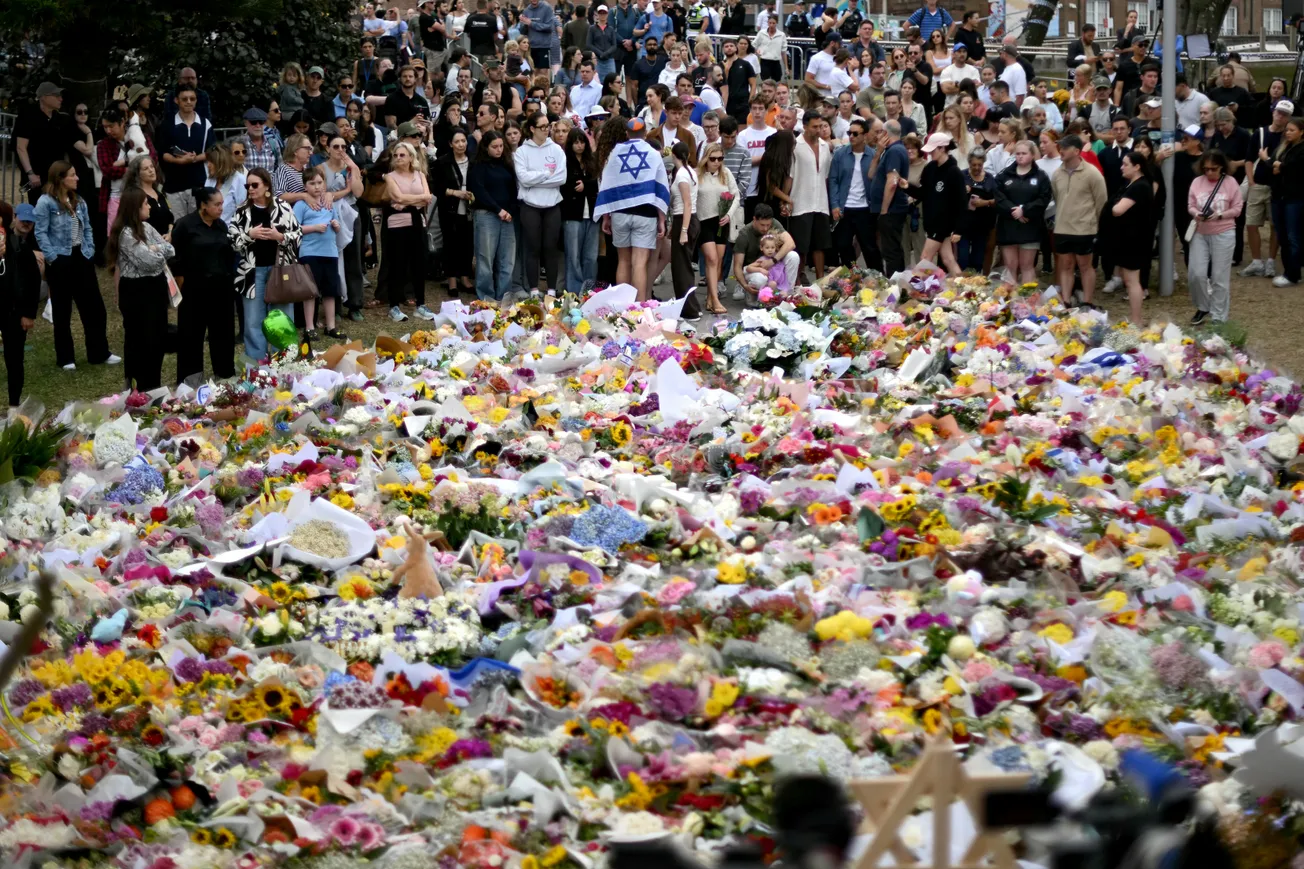By Suzanne Downing via The Daily Caller | June 11, 2023
The question of whether universities practice institutional racism is not merely hypothetical; the jury of public opinion knows full well that it occurs under the protection of Affirmative Action law.
This issue finds itself at the center of one of the most contentious U.S. Supreme Court decisions set to be announced this month. The justices are currently deliberating whether race can factor into the university admissions process as they wrap up their caseload for the summer.
Whatever the decision, it’s bound to make waves. Just as with the overturning of Roe v. Wade by the Supreme Court in June 2022, any ruling that appears to weaken Affirmative Action policies, often championed by left-wing factions, could spark fierce backlash.
This could potentially lead to another summer marked by social unrest, with defenders of race-based admissions pulling out the long knives for the Supreme Court, calling it inherently racist.
Advocates of the Marxist theory of Continuous Revolution know a decision like this one could serve as the perfect rallying cry for their cause, demonstrating their view that the court itself needs a revolutionary overhaul. They will argue for packing the court with another justice. They may use the decision to hound Justice Clarence Thomas, who is one of the greatest civil rights advocates on the court, and the oldest member, one who they hope to retire under pressure.
At the core of this issue are affirmative action programs at the publicly funded University of North Carolina at Chapel Hill and Harvard University, which have been accused of implementing racially biased admissions criteria that discriminate against individuals of Asian descent.
As both institutions receive taxpayer funding, they fall under the jurisdiction of the 14th Amendment of the U.S. Constitution, which ensures equal protection under the law.
These cases were initially brought to the fore last October by the emerging organization, Students for Fair Admissions, which sued both institutions of higher learning, challenging the prevailing academic admissions system.
The plaintiffs allege UNC practiced discrimination against both Asian and white applicants. Meanwhile, they claim that Harvard admissions officers rated applicants of Asian heritage lower on personality qualities such as having a “positive personality,” likability, kindness, and enjoying wide respect among their peers.
This discrimination allegation emerges from the review of 160,000 student records, which found Asian-American students outperform other racial and ethnic groups in areas such as test scores, grades, and even extracurricular activities. But was the subjective “personality” profile that, Students for Fair Admissions argue, reduced their chances of getting into an elite school.
Despite Asian-Americans representing the fastest-growing major racial and ethnic group in the U.S., their enrollment at Harvard remains basically capped. This, despite the Asian-American population nearly tripling over the past 30 years and their representation in the U.S. population increasing by over 200%, according to the 2020 U.S. Census.
A review of Harvard admissions revealed that without these subjective “personality” factors, the student body would be comprised of 43% Asian-Americans. When compared to the population growth as a whole, and when seen through the lens of the non-race-based admission practices of Cal Poly Tech, this suggests that Harvard may be suppressing Asian-American enrollment by at least 20%.
A district court initially ruled in favor of Harvard, a decision later concurred by the U.S. Court of Appeals for the First Circuit. The case was then combined with UNC’s for Supreme Court consideration.
Affirmative Action is like a bad penny — it keeps showing up. In a 2016 decision, the high court upheld the affirmative action program at the University of Texas at Austin in a 4-3 vote. The lead author of the decision, Justice Anthony M. Kennedy, has since retired, but Justice Clarence Thomas, who dissented in the case, remains.
It’s now 2023, and we find ourselves with a court that is arguably more aligned with the U.S. Constitution.
Yet, the Supreme Court has its public relations challenges. Its decision to send the abortion question back to the states was subjected to leftist and mainstream media disinformation that characterized it as a “ban on abortion,” when it was merely a return to the constitutional principle of the 10thAmendment: “powers not delegated to the United States by the Constitution, nor prohibited by it to the States, are reserved to the States respectively, or to the people.”
The media and Democrats – but I repeat myself – masterfully used the abortion decision to score political points in races stretching from school boards all the way to the halls of Congress in 2022. Women, in particular, were unhappy with the court’s decision, as interpreted for them by the moguls of Marxism who target them and lit a fire under the pro-abortion feminist faction.
However, American universities also face dwindling public support. They are seen as increasingly costly producers of ideologically slanted graduates, with the public growing more skeptical about the value of a college degree. There’s a legitimate understanding that these institutions cater to the elites running government and nonprofits, all the while disregarding the concerns of the very taxpayers who fund them.
After Pride Month concludes — and that will happen in three weeks — the new Marxist Continuous Revolution of 2023-24 will need a new cause, and may return to the well of “America is racist and the Supreme Court is the most racist of all.”
Suzanne Downing is the publisher of Must Read Alaska.
Original article link









